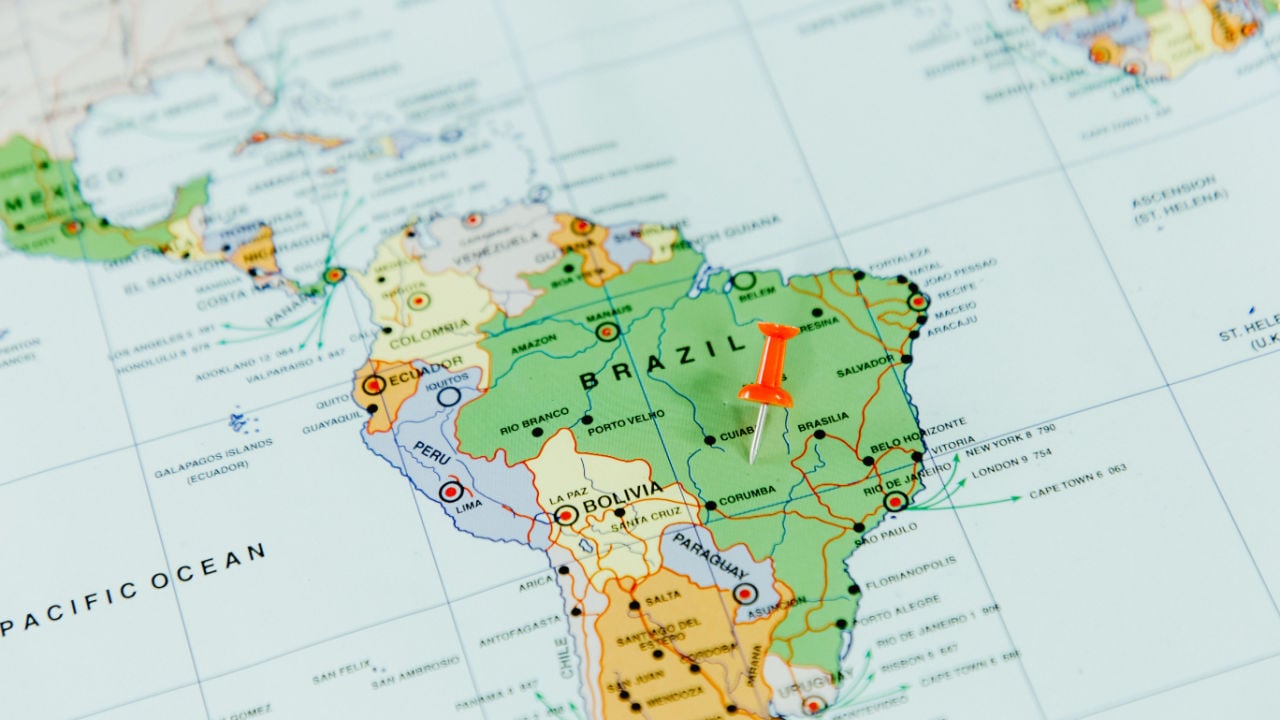
Argentinian inflation has reached inter-annual levels of over 100% in March, the highest in all of Latam. This has led to the Argentinian Peso losing more than 10% against the U.S. dollar during the last week, going from less than 400 pesos per dollar in the informal blue exchange rate to more than 440 on April 21. The country currently holds $2 billion in its foreign currency reserve, a low number when compared to the reserves of Brazil, an economy five times the size of Argentina, which holds approximately $350 billion in foreign currency. Argentines have been purchasing dollars as a safe haven from the devaluation of the peso, with analysts predicting its price could reach over 500 pesos per dollar later this year.
Meanwhile, Venezuela and Russia are planning to develop an alternative to SWIFT, the bank messaging and settlements system that most banks use to complete cross-border payments. The joint effort is an answer to the expulsion from the SWIFT network that Russian banks suffered in 2022 as a result of the wide package of sanctions enacted by western nations on Russia. Venezuelan Foreign Minister Yvan Gil stated that such a system was already in development, and more updates will be shared in the next weeks.
The cryptocurrency sector in Venezuela continues to be impacted by the so-called PDVSA-crypto probe, resulting in the pause of most Bitcoin mining operations. According to Criptonoticias, owners of these Bitcoin farms could be losing $11 million monthly, with the national power company Corpoelec losing about $2 million as a result of this forced pause. Despite these losses, there are still no reports about when these operations could be restarted, as the probe is still ongoing.






